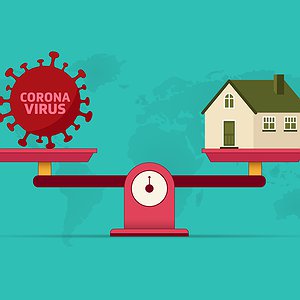Could your condo board be on shaky legal footing? Here’s everything that you ought to know about dealing with such trying situations.
The Complex Legalities of Smoking in and Around Condos
Many modern condos impose no-smoking requirements upon their owners. Considering that demand for these properties is constantly growing, this makes sense, but what does it mean for owners?
In most cases, owners are completely responsible for the interiors, exteriors and landscaping of their properties. You can’t be prohibited from ownership or renting simply because you smoke, and you can’t be forced to quit smoking as a condition of ownership, but bylaws aren’t regulated by the government. This means that it’s not always clear what condo boards can and can’t do in their quest to protect material assets like buildings.
For starters, nonsmoking bylaws generally need to adhere to rules like the Smoke-free Ontario Act, which makes it illegal to smoke in enclosed common areas, such as your condo’s shared swimming pool or tennis court. Matters can also get tricky when condo corporations regulate how far away you need to be from facilities like doorways or air intakes before you can smoke.
When Can a Condo Board Evict?
Condo boards have many recourses for dealing with owners who continually violate the rules. For instance, if you’re ruining other units by smoking or annoying your nearby neighbors with the smell, then your board may attempt to convince you to sell, which is completely legal. Your board may also pursue a condominium special assessment on the grounds that your smoking activities forced the corporation to maintain common elements by taking direct action, such as repairing or replacing smoke-damaged building materials. In severe cases, your condo board or condo’s owners may issue a formal eviction notice.
What If Your Condo Board Evicts You Wrongfully?
Although Canada’s move toward smoke-free housing generally bodes well for public health, condo boards don’t always get things right. Even though the law gives these entities ample leeway to enact bylaws, it doesn’t grant them carte blanche to evict you based on unconfirmed hunches or without notice. They need to use one of the standardized 10-day, one-month or two-month eviction notices. If they fail to follow the appropriate procedural rules or levy condominium special assessments without providing proper justification, then you have every right to sue or take other forms of legal action.
Talking to a lawyer is the best option when you’re not sure how to proceed with your condo board. Getting educated by a professional empowers you to make a smarter decision about moving forward, so discuss your situation with a solicitor at LDDC today.



